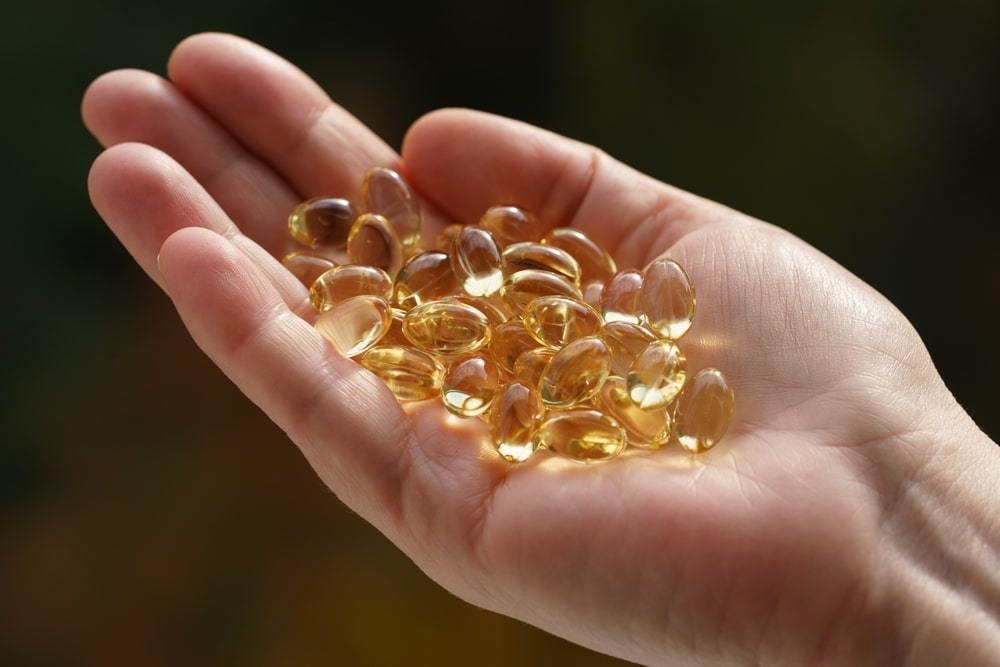In the vast realm of nutrition and health, two terms that often confuse individuals are ‘Vegiculsiferol’ and ‘Celicalsiferol.’ While they might sound like scientific jargon, these compounds play a significant role in our overall well-being. In this blog post, we will explore the differences between Vegiculsiferol and Celicalsiferol to shed light on their unique attributes and benefits.
Vegiculsiferol: The Sunshine Vitamin in Vegetarian Form
Vegiculsiferol, commonly known as Vitamin D2, is a variant of Vitamin D that is derived from plant sources. Unlike its counterpart, Vitamin D3, which is primarily sourced from animal products, Vegiculsiferol is a vegan-friendly alternative. It is often found in fortified foods such as plant-based milk, orange juice, and cereals. Vegiculsiferol is especially vital for individuals following a vegetarian or vegan diet, as it helps them meet their Vitamin D requirements without relying on animal-derived products.
One of the main differences between Vegiculsiferol and Celicalsiferol lies in their sources. Vegiculsiferol is obtained from yeast and fungi, making it an excellent option for individuals seeking plant-based sources of Vitamin D.
Celicalsiferol: The Animal-Based Powerhouse
Celicalsiferol, also known as Vitamin D3, is the more common form of Vitamin D found in animal-based sources. It is synthesized in the skin in response to sunlight exposure and is also found in certain foods such as fatty fish, liver, and egg yolks. Celicalsiferol is highly bioavailable, meaning it is easily absorbed and utilized by the body. This form of Vitamin D is essential for individuals who have limited sun exposure or those who follow a diet rich in animal products.
Understanding the Biological Differences
Both Vegiculsiferol and Celicalsiferol undergo metabolic processes in the liver and kidneys to become active forms of Vitamin D. Once activated, they play a crucial role in calcium absorption, bone health, immune function, and overall well-being. While Vegiculsiferol is more prevalent in plant-based diets, Celicalsiferol remains a vital nutrient for individuals who include animal products in their meals.
Choosing the Right Form for You
When it comes to choosing between Vegiculsiferol and Celicalsiferol, it ultimately depends on your dietary preferences and restrictions. If you are following a vegetarian or vegan diet, Vegiculsiferol can be a suitable choice to ensure you meet your Vitamin D requirements. On the other hand, if you consume animal products, Celicalsiferol provides a highly efficient and readily absorbed form of Vitamin D.
Conclusion: Embracing Diversity in Nutrition
In the world of nutrition, diversity is key. Understanding the differences between Vegiculsiferol and Celicalsiferol empowers individuals to make informed choices about their dietary intake of Vitamin D. Whether you choose plant-based sources or opt for animal-derived options, both forms contribute significantly to your overall health and vitality.
So, embrace the diversity in nutrition, choose the right form of Vitamin D that aligns with your lifestyle, and bask in the benefits of a well-balanced diet that supports your well-being from the inside out.






